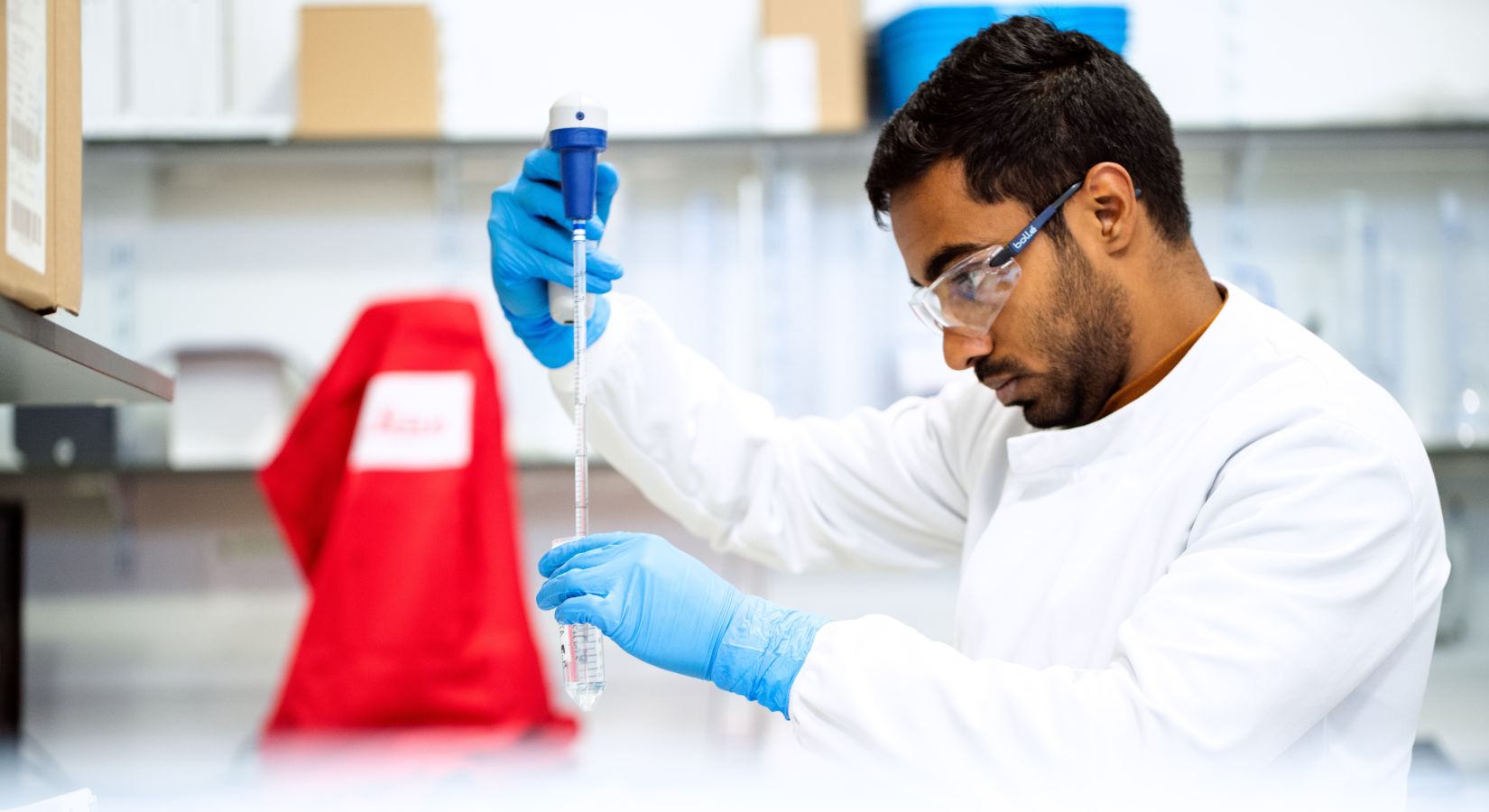Bevisene knyttet til de negavtive konsekvensene av pubertetsblokkere var en del av en rettssak i Storbritannia, og ble kunngjort etter at advokater med hell hevdet at det er en ‘betydelig offentlig interesse i å avsløre materialet. Dommen fra britisk høyesterett slo fast at pubertetsblokkere er “eksperimentell” behandling, og at barn generelt er for unge til å samtykke til en slik behandling. Leger betegnet behandlingen om pubertetsblokkering som et “levende eksperiment” og advarte om at det ikke var noen forskning til å forsvare med behandlingen. Det skriver Lifesitenews.
In early December, the English High Court of Justice ruled that puberty blockers are “experimental” treatments and that for the most part they cannot be given to children attempting to “transition” to become a member of the opposite sex without the clinician having recourse to the courts.
The case had been brought by Miss Keira “Quincy” Bell and Mrs. A, the mother of an autistic child, both of whom sued the Gender Identity Development Service (GIDS) Tavistock and Portman NHS Trust, “which runs the UK’s only gender identity development service for children.”
Bell had begun taking “puberty blockers when she was 16, was injected with testosterone at 17 and had a mastectomy aged 20.” Now 23 and living according to her biological sex again, Bell said “she was treated like a ‘guinea pig’ at the clinic, and … doctors failed to carry out a proper psychiatric assessment and should have challenged her more over her decision to transition to a male as a teenager.”
The evidence heard in court had previously been confidential, but lawyers have successfully argued there is a “significant public interest in disclosing the material.” As Christian Post reporter Brandon Showalter wrote, “the ugly, unvarnished truth is slowly but surely coming to light.”
Professor Christopher Gillberg, a renowned expert in child and adolescent psychiatry, testified in court that puberty blocking treatment was a “live experiment” on vulnerable children. “In my years as a physician, I cannot remember an issue of greater significance for the practice of medicine,” he said. “We have left established evidence-based clinical practice and are using powerful life-altering medication for a vulnerable group of adolescents and children based upon a belief.”
Gillberg mentioned how “[t]housands of adolescents are being offered ‘treatment’ with puberty blockers, sex-contrary hormones … surgical procedures,” despite “the non-existent research evidence that these treatments are of any long-term benefit to the young people in question.”
His words were echoed by clinical psychiatrist Professor Stephen Levine, who “repeatedly questioned whether teenagers were capable of understanding the enormity of the ‘irreversible’ process of changing sex,” noting that the injections involved were not scientifically established as a “safe and effective intervention in the short or long term.”
Levine added that “there was no other field of medicine where such radical interventions are offered to children with such a poor evidence base,” warning of “life-long consequences.” Revealing that there had been no “controlled clinical trials” to test puberty blockers, Levine commented that there was a “toxic and febrile context” in which puberty blocking treatment was given, where “critical and cautious voices are shouted down as transphobic, hateful.”
“Such a climate has created an intimidating and hostile environment where silence and acquiescence are the inevitable consequence,” Levine stated. “It is left to those of us at the end of our careers, who have nothing to lose, to voice our concerns.”
The Sunday Times reported that Professor Sophie Scott, director of UCL’s Institute for Cognitive Neuroscience, testified that “puberty blockers have profound effects on the developing body, and as part of the changes seen in adolescence involve hormonal effects on brain function, the impact of these drugs on the brain maturation are likely to be deleterious.”
Gillberg and others presented evidence to the court revealing a number of serious effects connected to puberty blocking treatment: “Puberty-halting drugs can harm a patient’s brain and bone development; Clinics are urging gender-changing teen girls to choose sperm donors to fertilise eggs before freezing them; Medics are failing to warn about the infertility risks posed by puberty blockers; Children who regret treatment find themselves ‘locked’ into new bodies; Internet sites persuade autistic children they are transgender when they simply have ‘identity issues.’”
The court evidence showed that children with autism are “particularly vulnerable” to being manipulated, with a “disproportionate number” of children alleging to have transgender identities “who were in care, adopted, autistic, anorexic or had psychiatric or mental illnesses.”






